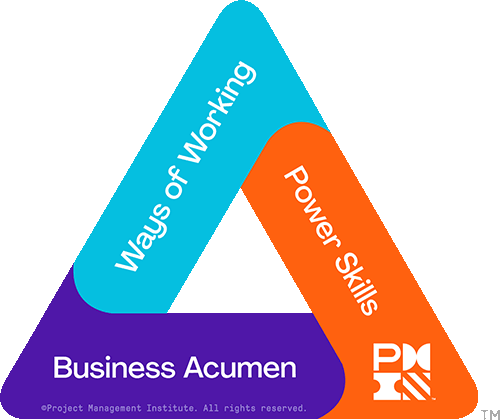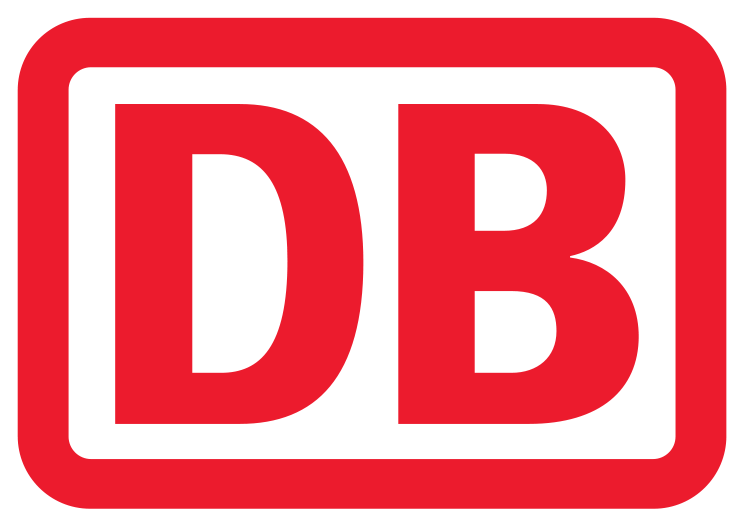Agile project management - Advanced
Reach the next level of agile project work

Contents
Agile mindset in practice
- What does agile thinking really mean?
- Typical pitfalls in agile projects.
- Agile values and principles in everyday working life.
- Practical tools: War Room, Task Board and technical requirements.
- Increase efficiency with time boxing and the 80:20 rule.
Agile roles
- Product Owner & Scrum Master: Clear tasks and responsibilities.
- Self-organization in a team: What really works?
- Involving stakeholders : The often overlooked role.
- Rights matrix: Who can communicate what, when and how?
Agile artifacts
- Capture customer wishes correctly.
- Setting up an agile project in one day - is that possible?
- Visualize project goals SMART.
- Product backlog: Logic, prioritization and structure.
- Develop high-quality user stories.
- Plan effort realistically - pragmatic resource planning.
- Iterative release planning & release burndowns.
- Make sensible use of Definitions of Done & Ready.
Agile events
- Do you need a kick-off?
- Sprint Planning I: How are items selected?
- Sprint Planning II: How are tasks and estimates created?
- Daily Scrum: Moderate effectively in 15 minutes.
- Backlog refinement: Continuous improvement of the backlog.
- Make results visible and document them.
- Dealing with errors and non-deliveries.
- Sprint Review: Motivation instead of criticism.
- Retrospective: Which processes should be scrutinized?
Tips for successful agile projects
- Dealing with budget, time and result deviations.
- Strategies for major changes.
Learning environment
In your online learning environment, you will find useful information, downloads and extra services for this training course once you have registered.
Your benefit
- You understand how agile methods can be used effectively and efficiently.
- In practical simulations, you will go through the phases of agile projects and develop solutions for typical challenges.
- You will learn how theoretical approaches to agile project management can be successfully transferred into practice.
- During the training , you have the opportunity to discuss your specific practical situation with the trainer and receive individual suggestions for solutions.
After attending this training course, you will receive a confirmation of 13.00 PDUs.
Methods
Multimedia inputs, keynote speeches, discussion, case studies/practical examples, group work, exercises.
Tool
Recommended for
project managers, Scrum Masters and Product Owners from all industries, team members, managers who set up and assess agile projects.
Prerequisite for participation:
The training is designed as an advanced seminar and requires basic knowledge and initial practical experience in agile project management and agile methods.
Further recommendations for "Agile Project Management - Advanced"
3525
Can also be booked as English-language training:
Agile Project Management - Advanced
32030
Can also be booked as English-language training:
Agile Project Management - Advanced
- Customized training courses according to your needs
- Directly at your premises or online
- Cost advantage from 5 participants
- We contact you within 24 hours (Mon-Fri)
Can also be booked as English-language training:
Agile Project Management - Advanced
Start dates and details

Monday, 09.02.2026
09:00 am - 5:00 pm
Tuesday, 10.02.2026
09:00 am - 5:00 pm
Thursday, 26.03.2026
09:00 am - 5:00 pm
Friday, 27.03.2026
09:00 am - 5:00 pm
- one joint lunch per full seminar day,
- Catering during breaks and
- extensive working documents.
Wednesday, 20.05.2026
09:00 am - 5:00 pm
Thursday, 21.05.2026
09:00 am - 5:00 pm
- one joint lunch per full seminar day,
- Catering during breaks and
- extensive working documents.
Wednesday, 15.07.2026
09:00 am - 5:00 pm
Thursday, 16.07.2026
09:00 am - 5:00 pm
- one joint lunch per full seminar day,
- Catering during breaks and
- extensive working documents.

Monday, 31.08.2026
09:00 am - 5:00 pm
Tuesday, 01.09.2026
09:00 am - 5:00 pm
Thursday, 17.09.2026
09:00 am - 5:00 pm
Friday, 18.09.2026
09:00 am - 5:00 pm
- one joint lunch per full seminar day,
- Catering during breaks and
- extensive working documents.
Monday, 02.11.2026
09:00 am - 5:00 pm
Tuesday, 03.11.2026
09:00 am - 5:00 pm
- one joint lunch per full seminar day,
- Catering during breaks and
- extensive working documents.
Monday, 22.02.2027
09:00 am - 5:00 pm
Tuesday, 23.02.2027
09:00 am - 5:00 pm
- one joint lunch per full seminar day,
- Catering during breaks and
- extensive working documents.
- one joint lunch per full seminar day,
- Catering during breaks and
- extensive working documents.
 4.6
4.6













